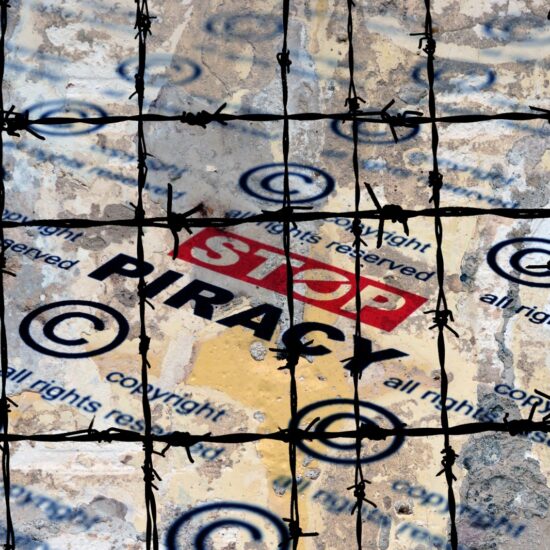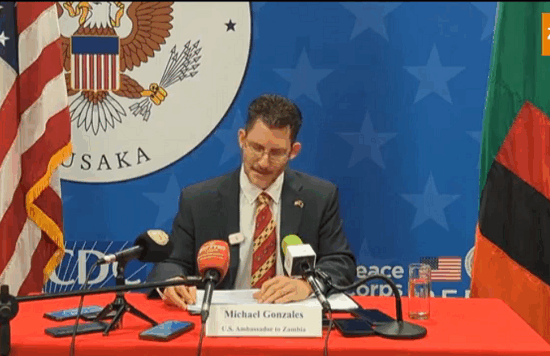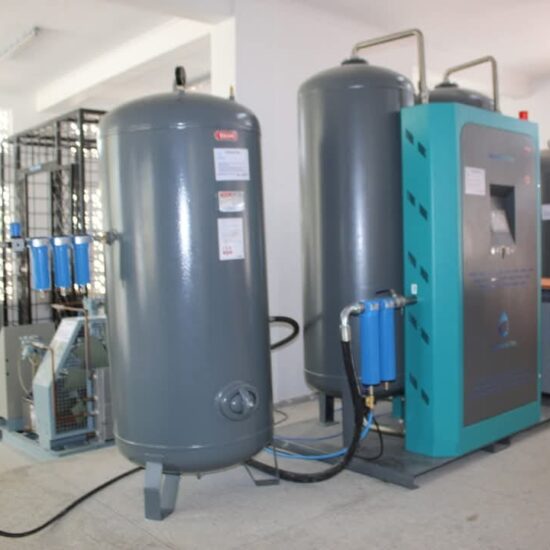
Governance Expert George Chimembe has called on the UPND government to consider putting in place modalities that will enable the country to print ballot papers locally.
Chimembe, who is also former Foundation for Democratic Process (FODEP) Executive Director said printing ballot papers locally would save the country resources and increase the integrity of the electoral process, as it will allow stakeholders to participate in such processes.
He explained that in the last general election, the Electoral Commission of Zambia (ECZ) could not sponsor stakeholders to go and witness the printing of ballot papers in Dubai, which disadvantages stakeholders who may not be able to raise their own funds and travel to Dubai to witness the printing process.
Speaking in an interview with the Zambian Business Times-ZBT, Chimembe said the UPND government while in opposition was against printing ballot papers outside the country therefore they should be able to change the standard and save the country major resources.
Chimembe added that if done locally, stakeholders will be part of the printing process and this lessens disputes that come in the aftermath of an election as people may think certain things happened in their absence and that is why they may have lost an election.
“When PF just came into power, they said they were going to revamp government printers so they could handle issues of ballot papers but that died a natural death. UPND should bring some of the promises they were making to life to save on money”, he said.
“If we print locally, we are not going to use any cargo plane and cargo planes are very expensive. You may even have to book the whole of DHL cargo plane, that’s a lot of money which can be saved, part of that money can now be used for CDF if we save wisely or other sectors of the economy”, he said.
The Governance Expert mentioned that government would have to make the necessary investment in infrastructure and machinery adding that currently, the country may not have the capacity to print ballot papers locally therefore the need to invest in infrastructure.







